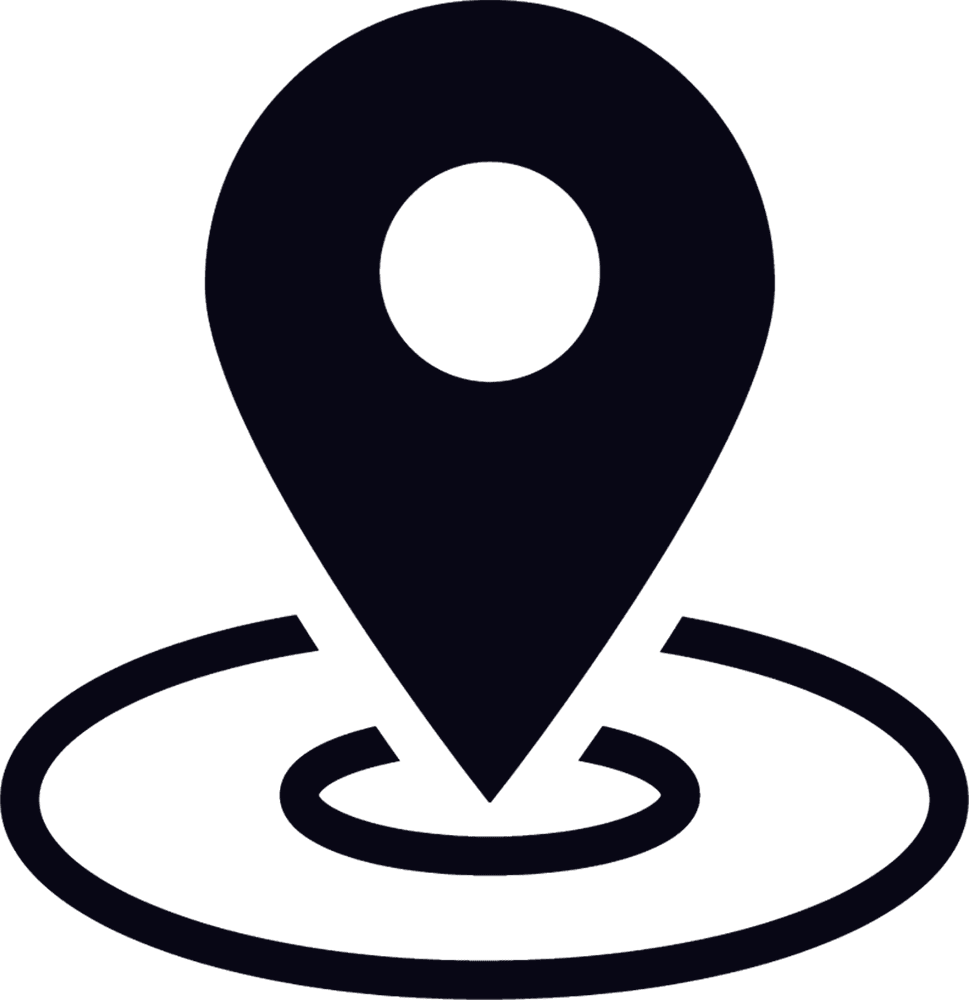Remote Psychosis Research Study
Researchers at the University of North Carolina at Chapel Hill are investigating the feasibility, accessibility, and potential clinical benefits of a blended digital health intervention to support caregivers.

Fast Facts

Parent or Caregiver of Someone Experiencing Psychosis

Person with Psychosis is ages 15-30

Compensation Provided

Live in North Carolina
Study Background
Altitudes is a moderated online social therapy program specifically designed to support parents and other supporters of young people with psychosis.
It is a private and secure platform that integrates educational and therapy content with social networking features. Caregivers on the platform can review and reflect on educational materials specific to psychosis (e.g., the stress-vulnerability model of psychosis, identifying stress and early warning signs in their young person) and therapy content to improve self-care (e.g., mindfulness and self-compassion exercises) and communication skills.
Caregivers are connected with a clinical moderator who will help orient the participants to the Altitudes platform and guide them through the materials and features of the site. Moderators may be counselors, clinical psychologists, or other therapists with experience treating psychotic disorders and training to support family members.
UNC IRB Study # 24-1141

Study Background

Altitudes is a moderated online social therapy program specifically designed to support parents and other supporters of young people with psychosis.
It is a private and secure platform that integrates educational and therapy content with social networking features. Caregivers on the platform can review and reflect on educational materials specific to psychosis (e.g., the stress-vulnerability model of psychosis, identifying stress and early warning signs in their young person) and therapy content to improve self-care (e.g., mindfulness and self-compassion exercises) and communication skills.
Caregivers are connected with a clinical moderator who will help orient the participants to the Altitudes platform and guide them through the materials and features of the site. Moderators may be counselors, clinical psychologists, or other therapists with experience treating psychotic disorders and training to support family members.
UNC IRB Study # 24-1141

Additional Information
We want to investigate the feasibility, accessibility, and potential clinical benefits of Altitudes for caregivers. Our primary outcomes are caregiver burden and social support.
Caregivers of young people with psychosis may qualify for a study if you meet the following criteria.
Inclusion Criteria:
- Informal caregivers, often parents or legal guardians, meaning they are not paid to support their loved one. They do not need to live with the young person with plausible psychosis, but they do need to have some contact/relationship with them (e.g., speak over the phone, provide some sort of instrumental/ financial/ emotional/etc. support)
- The caregivers need to be adults (age 18+) and cannot be engaged in legal action against the loved one experiencing psychosis
- The caregiver must live and typically reside/be located in the state of North Carolina
- The young person with psychosis they support should be between the ages of 15-30
Study visits are all virtual, as is the Altitudes program itself.
- If eligible, a research assistant will schedule a time to meet with participants for the baseline assessment visit. This visit is approximately 1-1.5 hours.
- During baseline, the participants will complete the informed consent process and ask any questions they have about the study.
- Then, participants will complete a battery of self-report questionnaires related to caregiver burden, social support, expressed emotion, anxiety/depression, etc.
- Then, they will be provided instructions for setting up their Altitudes account (e.g., username and password, URL to access the platform, etc.), review the terms of use, and guidance for using the site (i.e., Altitudes onboarding).
- Participants will be given access to the platform for appx 6 months. Halfway through this 6-month period (i.e., at 3 months), they will be invited to complete the mid-treatment assessment questionnaires (same as baseline + 1-2 additional questionnaires related to their experience/perceptions of the platform (e.g., Working Alliance Inventory for Guided Internet Interventions).
- After the 6-month period, participants would be invited to complete the same measures as above + a feedback measure to get a sense of their preferences, needs, and perceptions of the intervention.
In addition to no-cost access to therapy intervention, participants will be compensated for each assessment visit ($30 for BL + $20 for MT + $20 for PT = $70 total compensation for completing the research assessments.
There is no cost for you to participate in our research study.
What is Psychosis?
- Psychosis is a set of experiences that makes it difficult to know what is real and what is not real.
- Every year, we expect 100,000 young people to experience psychosis.
- Psychosis often first appears during adolescence and young adulthood and can be frightening and confusing.
- The good news is there are evidence-based and effective treatments available in North Carolina.
- It’s important to ask for help as soon as possible. We know that earlier treatment can lead to better outcomes.
Pathway resources:
- If the issue is acute/serious/new/concerning: call 911 (ask for a crisis intervention team), contact a mobile crisis unit in your area, or go to the emergency department
- If looking for outpatient therapy, medication management, or support for early psychosis: go to one of these CSC clinics in North Carolina (e.g., Aegis in Asheville, Eagle in Charlotte, Encompass in Raleigh, OASIS in Chapel Hill, Shore in Wilmington, WeCare2 in Burnsville)
- If needing daily/part-day care: look for intensive outpatient or partial hospitalization programs
- If they want or need additional resources, including a consultation service for their primary care physician or general practitioner: check out NCPals + these other resources
Early Psychosis Interventions of North Carolina (EPI-NC) is supported by a SAMHSA Federal Community Mental Health Services Block Grant (CFDA #93.958) and the NC Department of Health and Human Services.